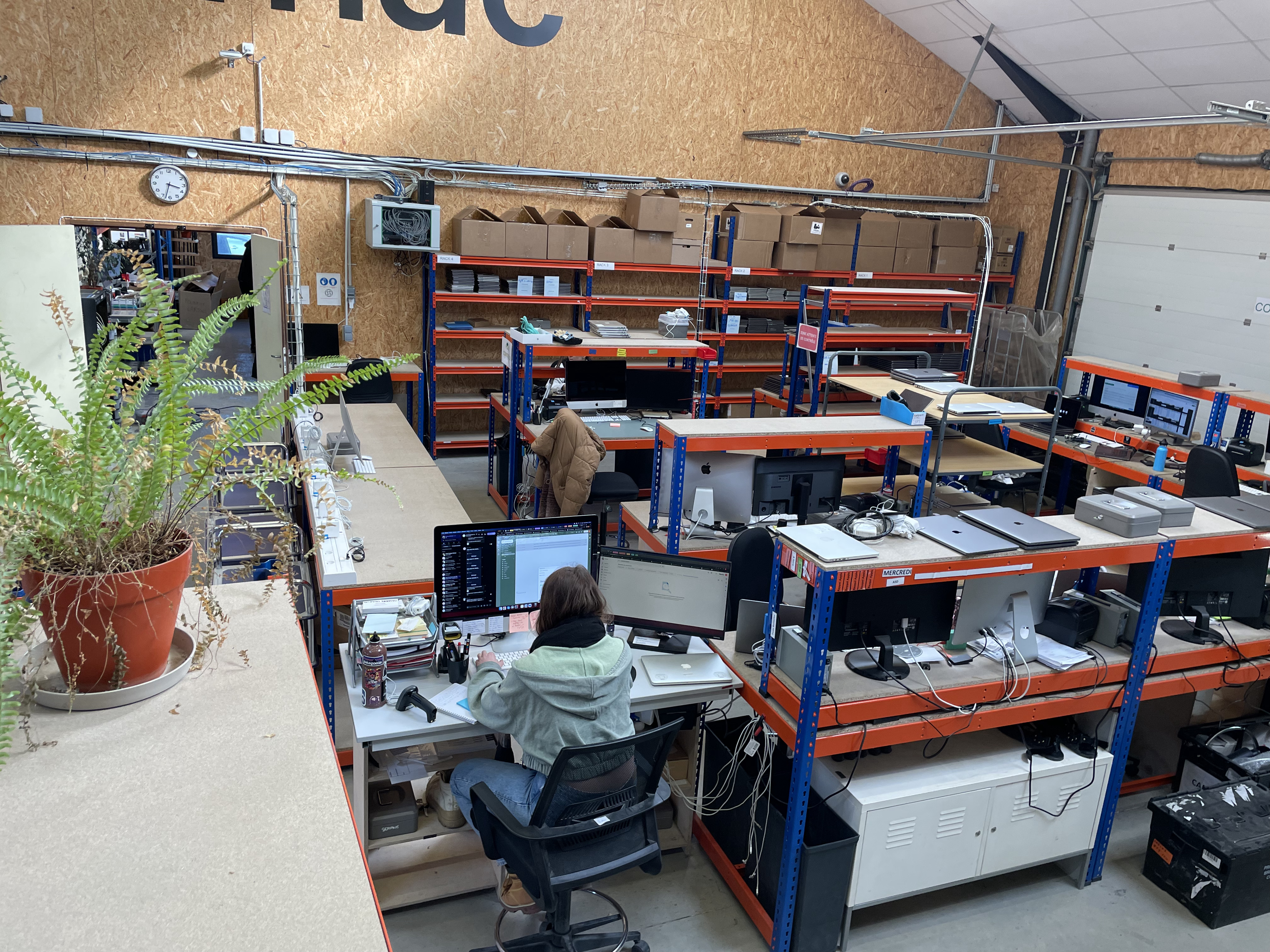Our impact
Biomass cogeneration and pellet production plants, France
Background
Meridiam has partnered with Européenne de Biomasse (EDB) – a French company specialized in the biomass and pellet sectors – and Caisse des Dépôts to develop and co-lead a long-term investment in an “integrated biomass” project.
The project consists in developing, implementing, financing, operating and maintaining two related facilities, financed separately:
- FICAP is a pellet production plant that will produce (i) black/white pellets (120,000 tons per year) for use in the industrial and residential markets and (ii) wood feedstock (chips) sold to COGECAB;
- COGECAB is a cogeneration plant that will produce (i) heat (17MW capacity) sold to FICAP and ADM-Chamtor (an industrial plant close to COGECAB) and (ii) electricity (12 MW capacity) sold to EDF under a feed-in-tariff.
The project is promoting circular economy as COGECAB will operate using the wood feedstock produced by FICAP, which, in turn, will use energy from COGECAB for its pellets production process.
FICAP is enabling the local production of black and white pellets. Black pellets can be used as a cleaner substitute to coal, which is being phased-out in France.
FICAP was sized to address the demand from the district heating sector, starting with Paris network which is still relying on coal for 14% of its heat production and, more widely, coal consumers in France and mainland Europe. The project could indeed also enable the partial conversion of thermal power plants to biomass.
Stage:
In Partial Operation
ESG/SDG Key facts
The Project is processing c. 370k tonnes of wood per year, COGECAB processing 130k tonnes, and FICAP treating 240 tonnes, mainly from spruce wood contaminated by bark beetle making it unfit for other industries.
The Project also contributes to a circular economy: the wood chips are used to fuel the biomass cogeneration plant whose heat is used in the pellet production process and in a neighbouring factory transforming heat.
A crowdlending campaign was launched in November 2019 and was closed at €3.5m (vs. an initial target at €2.5m) with 2,200 participants, including 22% from the Grand Est region. This local financing contributed to further anchor the project in its local territory.


